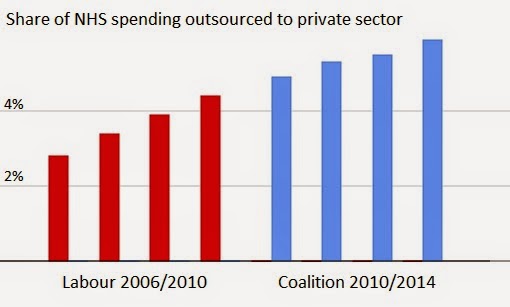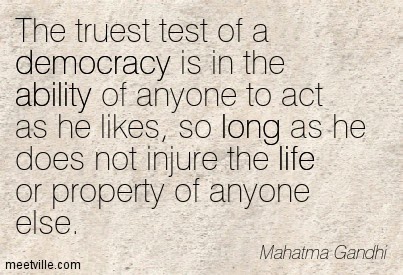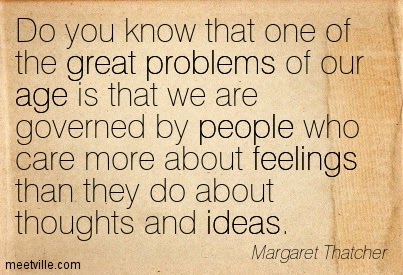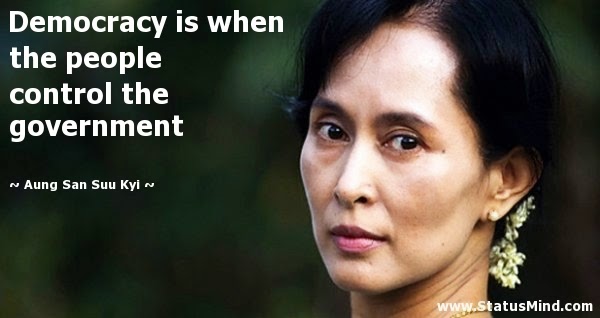One size does not fit all - Greece's Euro agony
I was reading an interesting article from Nick Cohen this evening which you can read on the Guardian website here concerning what is going wrong in Greece: he argues that "respectable fanatics" are destroying Greece and by that he means the ECB and Eurozone governments. His article was very reminiscent of Keynes' famous dictum about how ideas can often be applied long after they have ceased to be helpful: "Practical men, who believe themselves to be quite exempt from any intellectual influence, are usually the slaves of some defunct economist. Madmen in authority, who hear voices in the air, are distilling their frenzy from some academic scribbler of a few years back. I am sure that the power of vested interests is vastly exaggerated compared with the gradual encroachment of ideas. Not, indeed, immediately, but after a certain interval; for in the field of economic and political philosophy there are not many who are influenced by new theories after they are twen








